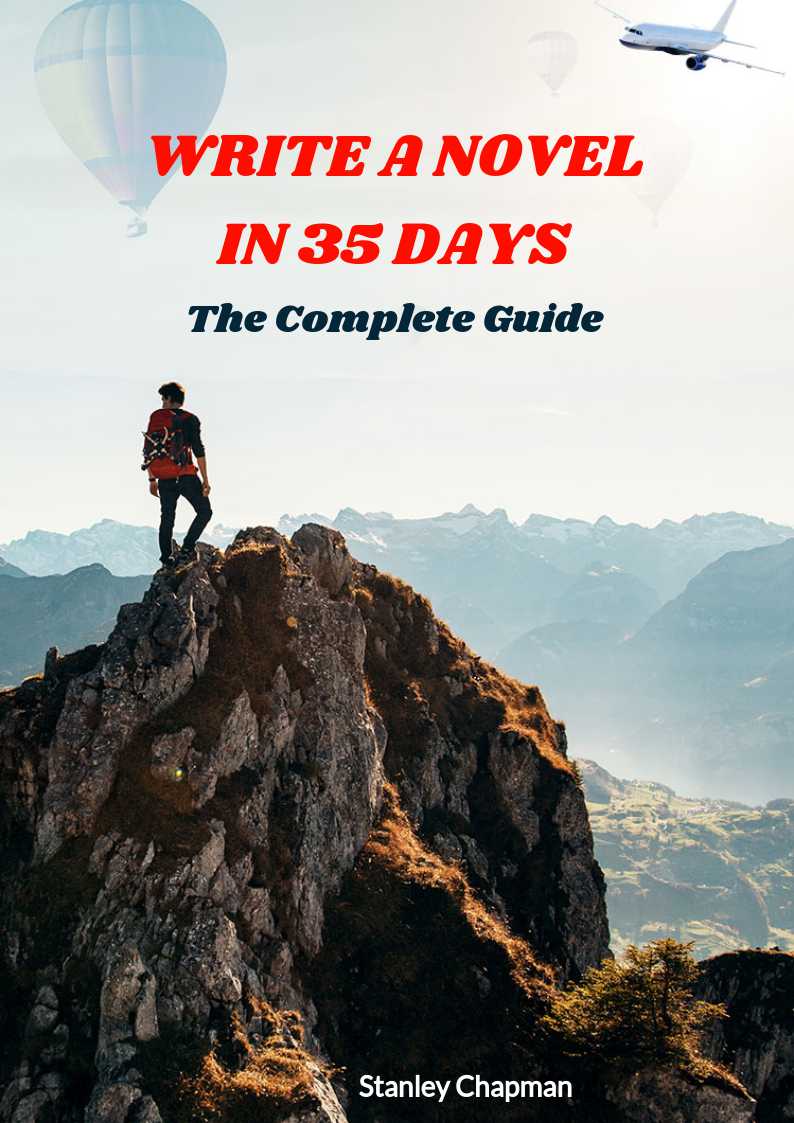
A complete guide to writing a novel in 35 days. Based on 17 lessons in the aspects of the novel. You read theory and then apply this theory in the writing of a novel. For beginning and intermediate writers.
Course Lessons:
Lesson 1, Introduction: Why should you write a novel?
Lesson 2, Premise: What a premise is and how to write an effective one that will assist
you in creating your novel.
Lesson 3, The Journey: Tips on how to write an interesting and compelling story.
Lesson 4, Character: Developing fictional people who come alive on the page.
Lesson 5, Emotional Arc: Creating a connection between your characters and the
reader.
Lesson 6, The Secret of Believability: Pulling the reader into your novel's reality.
Lesson 7, Beginning and Ending: The importance of hooking your readers in Chapter 1
and not disappointing them in the final chapter.
Lesson 8, Adding Conflict: Making your story dramatic.
Lesson 9, Setting: Defining a place and seeking dramatic events that occur alongside the
story you are telling.
Lesson 10, Dialogue: The interaction of characters and how to make it compelling.
Lesson 11, Style: Giving your characters a “voice” that is recognizable, consistent, and
full of life.
Lesson 12, Humor: Relieving tension after dark or alarming episodes.
Lesson 13, Enlightenment: Changing a reader’s behavior by offering vicarious
experiences.
Lesson 14, Handling Sex Scenes: How to have a gentle touch when including a sex scene
in your novel.
Lesson 15, Best-Seller: Characteristics of novels that become breakthrough or bestselling books.
Lesson 16, Agent vs. Self-Publishing: Deciding how to get your novel out there.
Lesson 17, Steps in Creating a Work of Fiction: Some final thoughts on writing a novel.
Anne Lamott: “Writing has so much to give, so much to teach, so many surprises. That thing you had to force yourself to do – the actual act of writing – turns out to be the best part. It’s like discovering that while you thought you needed the tea ceremony for the caffeine, what you really needed was the tea ceremony. The act of writing turns out to be its own reward.”
Virpi Hameen-Anttila: “Writing wasn’t easy to start. After I finally did it, I realized it was the most direct contact possible with the part of myself I thought I had lost, and which I constantly find new things from.”
Tom Clancy: “Success is a finished book, a stack of pages each of which is filled with words. If you reach that point, you have won a victory over yourself no less impressive than sailing single-handed around the world.”